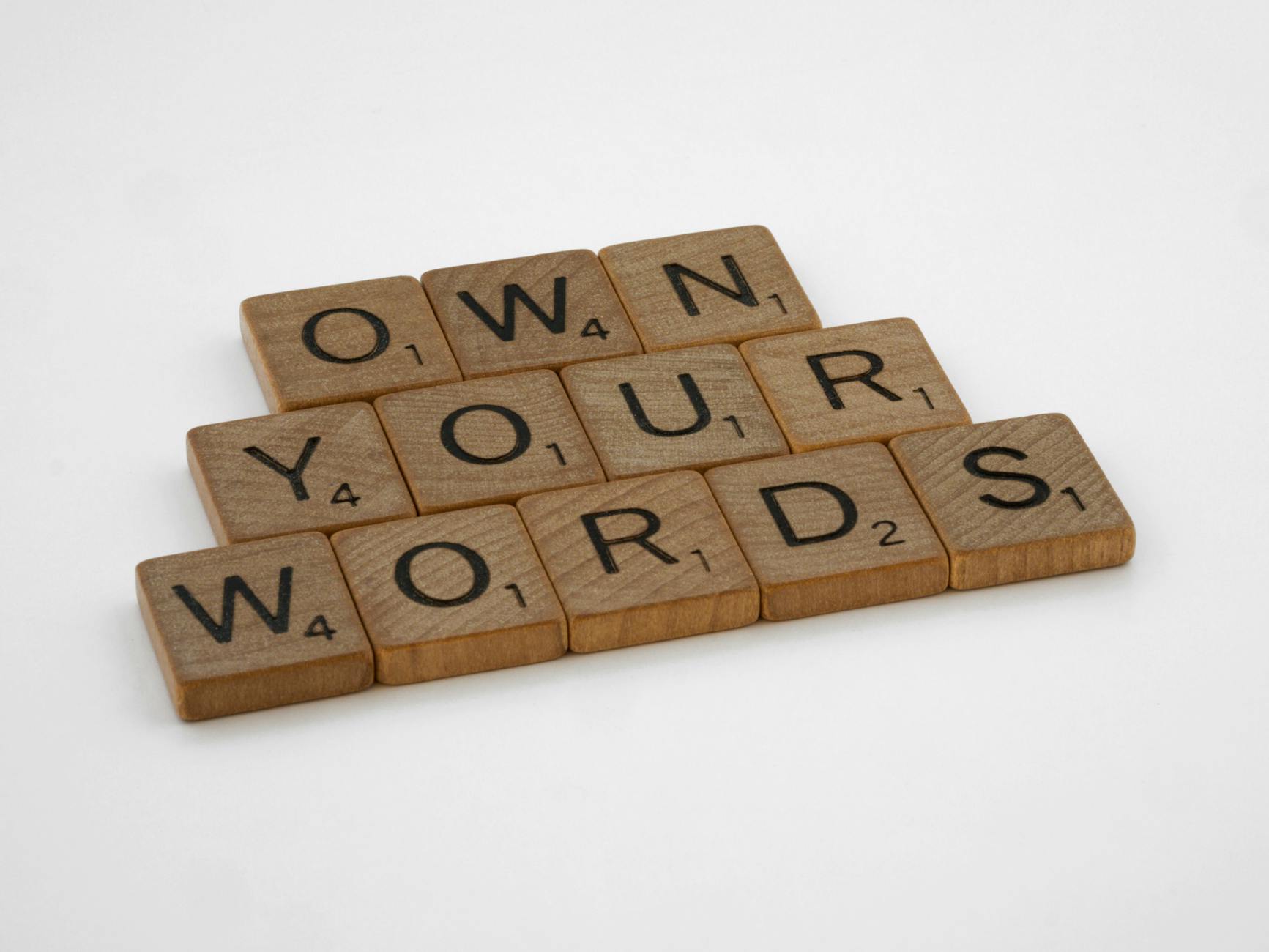The Power of Honesty: Why Telling the Truth is Key to Your Wellbeing
Honesty is often touted as the best policy, but did you know that it’s also essential for your overall wellness? Whether you’re talking about being honest with others or being truthful with yourself, the power of honesty cannot be underestimated.
When we think about honesty, we tend to focus on the negative consequences of lying. We worry about getting caught in a lie, hurting someone’s feelings, or damaging a relationship. However, the benefits of honesty go far beyond avoiding negative outcomes.
For one thing, honesty is a key component of trust. When we’re honest with others, we build trust and strengthen our relationships. This is true whether we’re talking about our personal or professional lives. When others know that they can count on us to tell the truth, they’re more likely to rely on us and to value our input.
But honesty isn’t just important for our relationships with others. It’s also essential for our relationship with ourselves. When we’re honest with ourselves about our thoughts, feelings, and actions, we’re better equipped to make positive changes in our lives. We can identify areas for improvement and work to overcome obstacles.
On the other hand, when we’re not honest with ourselves, we’re more likely to fall into patterns of denial and avoidance. We might ignore our problems or make excuses for our behavior. This can lead to feelings of guilt, shame, and anxiety, all of which can have a negative impact on our mental and emotional wellbeing.
So, what can you do to cultivate honesty in your life? Here are a few tips to get you started:
- Be truthful with yourself. Take some time to reflect on your thoughts, feelings, and actions. Are you being honest with yourself about what you want and need? Are there areas of your life where you’re in denial or avoidance? Make a commitment to being more truthful with yourself, even if it’s uncomfortable.
- Practice transparency. When you’re interacting with others, be open and honest about your thoughts and feelings. This doesn’t mean you have to share everything, but it does mean that you should be upfront and transparent about your intentions and motivations.
- Be accountable. If you make a mistake or do something wrong, own up to it. Taking responsibility for your actions can be difficult, but it’s an important part of being honest.
Always remember, honesty is a powerful tool for wellbeing. Whether you’re being honest with yourself or with others, the benefits are clear. So, embrace the power of honesty and watch as your relationships and your mental and emotional health flourish.
Discover more from DG Speaks
Subscribe to get the latest posts sent to your email.





One Comment
Comments are closed.